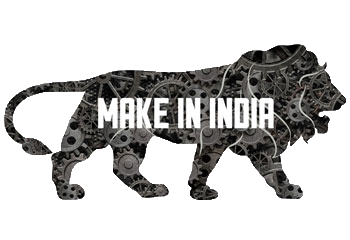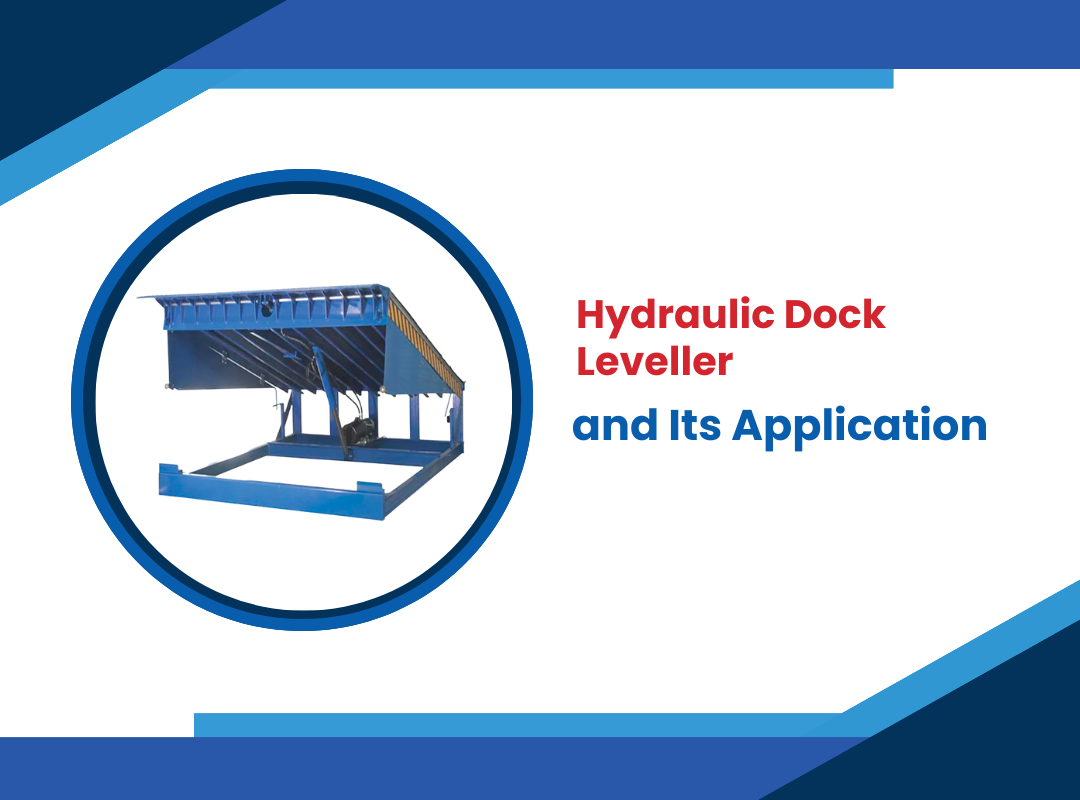Many large warehouses and distribution centers use hydraulic dock levelers to efficiently transport goods in and out of delivery trailers. Levelers are hinged ramps at loading docks that bridge the gap between a building floor and the trailer bed.
Powerful hydraulics behind each platform lift and lower their ramps to meet truck bed heights comfortably. This makes accessing cargo much more accessible than with standard unadjustable docks. Warehouse operators can quickly level trailers required for busy freight schedules, regardless of suspension settings. When unused, the ramps quickly return to horizontal storage alongside the dock face.
Hydraulic dock levelers are essential for preventing injuries from overexertion falls. They also stop damage to products and facilities from rough handling. This guide will highlight the key benefits of dock levelers and typical applications where they become indispensable to operations.
How a Hydraulic Dock Leveller Functions?
A hydraulic dock leveler attaches to a concrete dock edge with a steel structural frame housing. Inside the housing sits the main deck platform assembly. On its underside (under dock level), hydraulic cylinders, pulleys, and balance springs connect to the platform. Hydraulic lines link the cylinders to a nearby control panel on a building column. The platform also joins a rear-hinged back plate that seals against the truck’s backed-in rear doors.
Operating a simple UP/DOWN control, hydraulic pressure pivots the ramp up or down until truck beds align flush with the warehouse floor level. Float controls on the system sense approaching trailers and elevators settle into a planar fit. Spring assists behind the platform, allowing easy manual operation without power for emergency access. Extended use causes some leveler drift that may require checking depth and periodic alignment if issues appear. Safety leg supports prevent sudden ramp collapse in the unlikely event of hydraulic line failure.
Leveller Sizes for Varied Trailer Heights
Dock leveler sizes can handle anything from small cargo vans to 53’ tractor-trailers with container beds higher than truck cabs. The shortest household moving ramp may only extend 4’ while the tallest high dock (HD) series can ramp down 8’ below average floor level.
Medium-duty levelers typically handle up to 5 feet of height difference. The width of truck beds and cargo doors also determines sizing from basic 6’ up to 10’ superwide (SW) leveler models. Weight capacities generally range between 25,000 to 100,000 lbs for the largest units.
Pit Style Leveller Installations
Installers first dig a rectangular pit into the warehouse floor to allow hydraulic levelers to reach below dock height. Levelers mount into the pit cutout, and a steel frame surrounds it and welds it into the concrete perimeter for support.
The pit depth sets the maximum drop distance for ramps along with platform length. Installing pits does require major facility renovations but allows these heavy-duty units to serve even the most extensive freight trucks. Pitless leveler designs can adapt to existing docks without construction when below-dock access isn’t essential.
Safety Features for Loading Protection
Proper hydraulic dock leveler equipment comes standard with multiple operational safeties. Most models incorporate maintenance struts to prevent sudden platform collapse during repair. Support legs also stop freefall if a hydraulic line bursts.
Full-width rear hinge stop bars also prevent over-extension when aligning to high trucks. Yellow and black striped safety chains remind workers not to accidentally walk off an open pit edge. Non-skid grip tape on ramp surfaces also reduces slippery conditions from snow or rain. Most importantly, well-maintained hydraulics virtually eliminate uncontrolled descent risks.
Auto Industry and Equipment
Automotive parts depots utilize dock levelers when unloading stamped panels, welded frames, and boxed components imported to just-in-time manufacturing streams. The finished vehicle warehouses then reverse the supply chain to registered dealers awaiting new model inventory.
Many connected production processes rely on a proper dock interface. Specialized levelers also service airplane hangars, transferring luggage containers or moving aircraft components around the taxiways. Even marina repair shops may load vessels with customized marine dock lift platforms.
Chemical and Hazardous Materials
Industrial manufacturers working with waste, explosives, pressurized containers, or weather-sensitive compounds often handle their logistics in environmentally controlled structures. These secured facilities also help avoid accidentally mixing incompatible elements through incorrect cargo staging.
Intermodal waste transports also remain sealed from cross-contaminants while loading. The minimal exterior exposure dock levelers permit improved environmental isolation essential for community safety. Careful preplanning for these specialized plants requires building access ramps in initial site designs, too.
In Summary
Now you understand why hydraulic dock levelers are indispensable in intensive distribution environments. Their adjustable access capabilities make warehousing tasks faster, safer, and much more ergonomic for personnel. The operational efficiencies from ramp levelers will continue growing as logistics facilities expand to meet consumer demand. Just remember dock solutions exist to handle any door widths or weight loads your expanding business requires.


